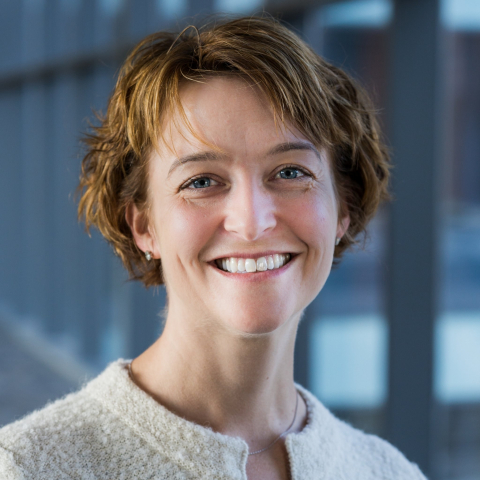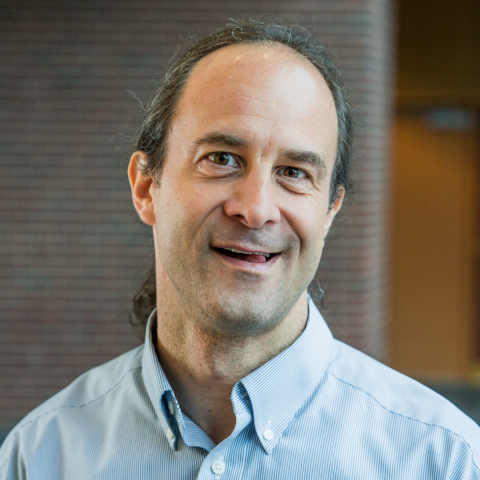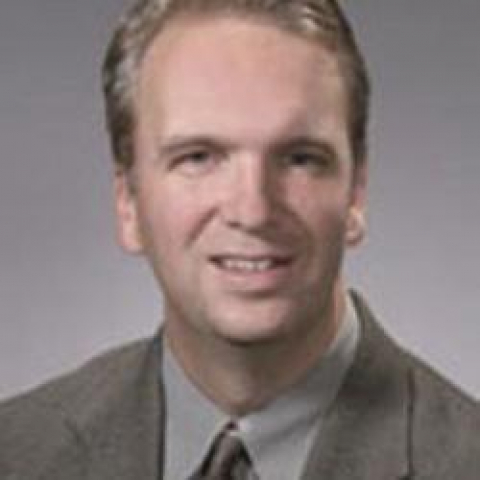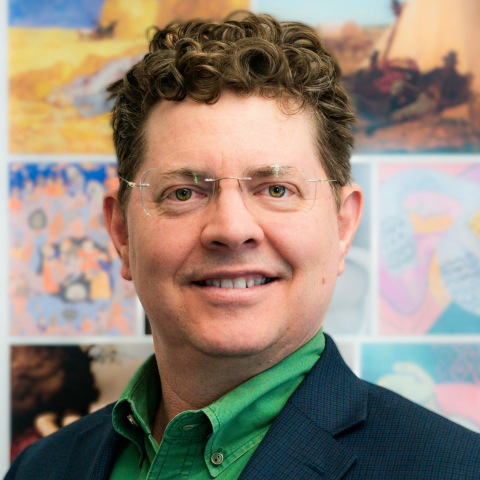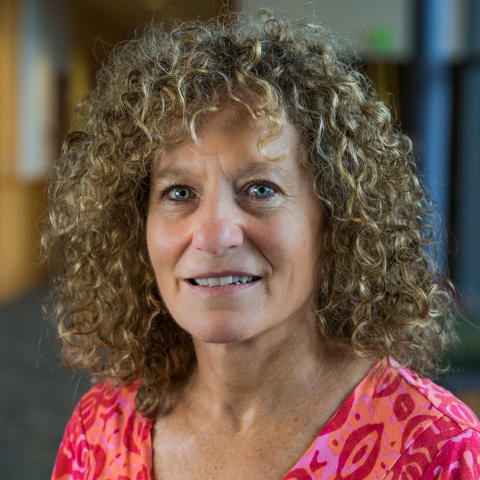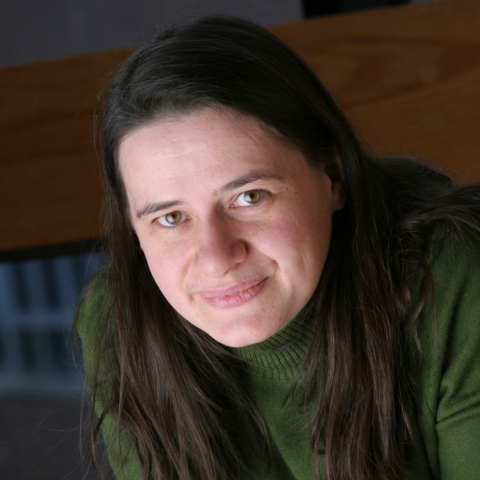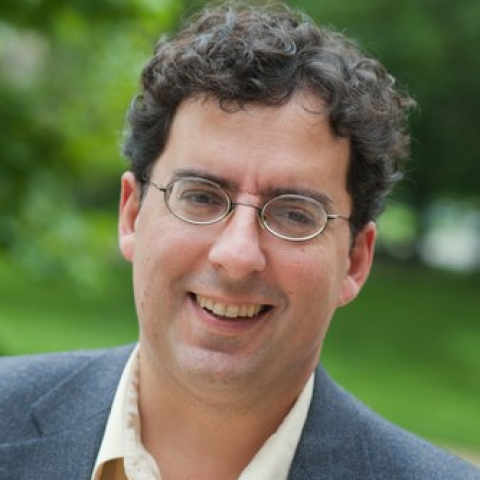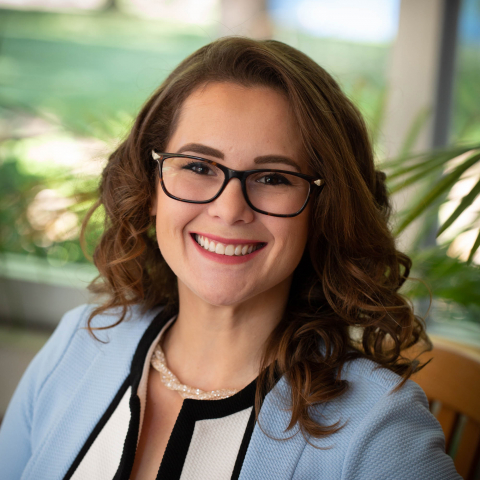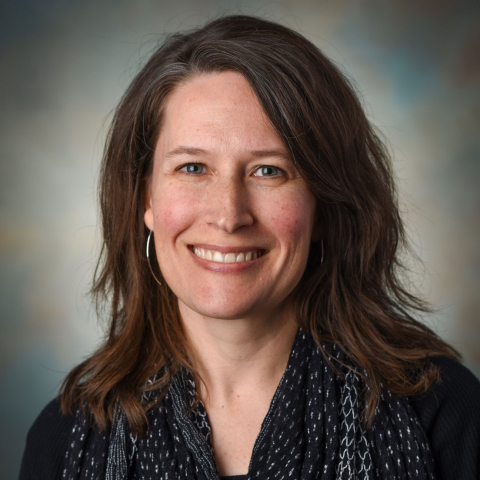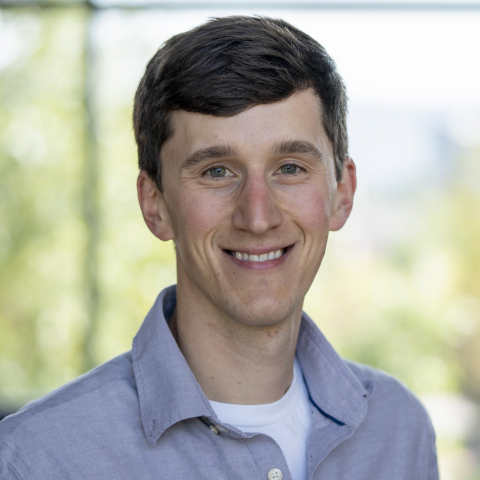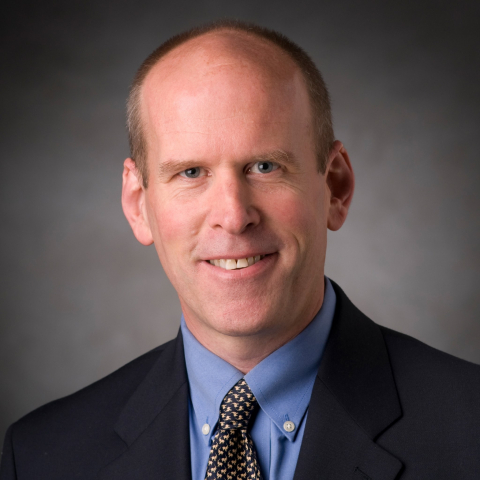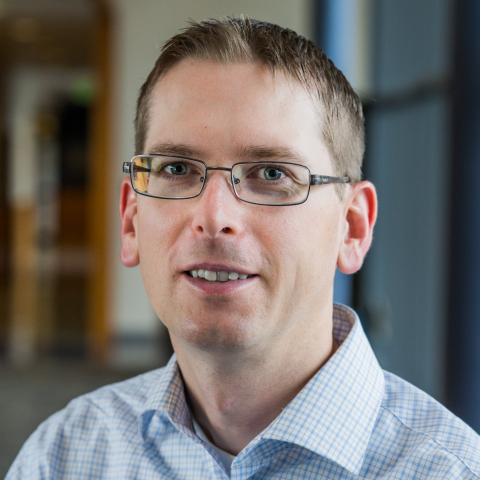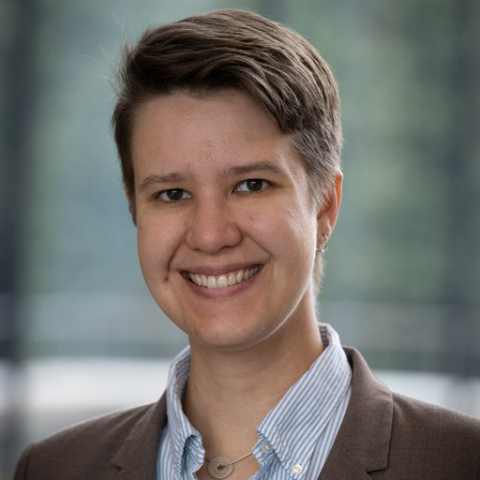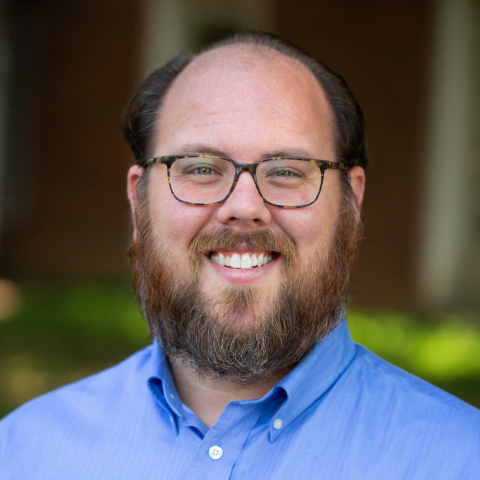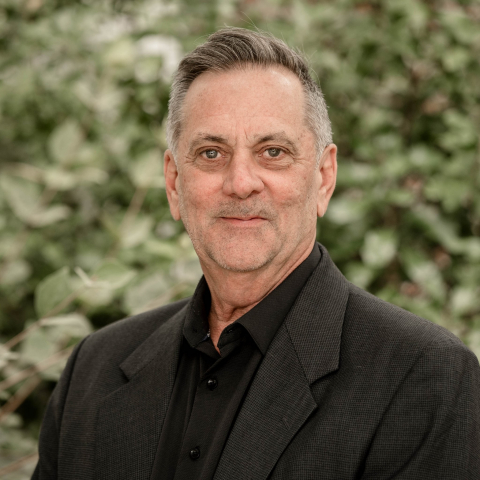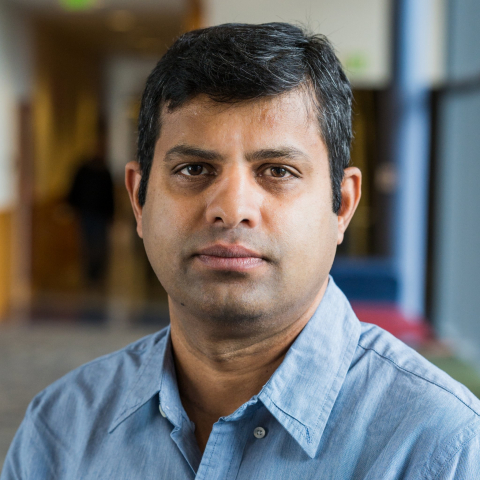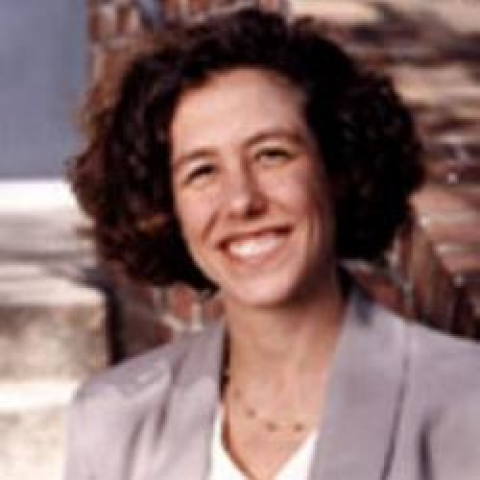Faculty
Lacy Alexander
Professor of Kinesiology
In vivo and in vitro approaches using the human cutaneous circulation to examine the underlying signaling mechanisms mediating microvascular dysfunction with primary human aging, hypercholesterolemia, and essential hypertension.
Paul Bartell
Associate Professor of Avian Biology
The regulation of biological clocks in birds at the systems level.
Peter Butler
Professor of Bioengineering
Fundamental molecular mechanisms by which vascular endothelial cells sense the forces from flowing blood and transduce this mechanical information into adjustments of cell and tissue biology.
Orfeu Buxton
Elizabeth Fenton Susman Professor of Biobehavioral Health
The causes of chronic sleep deficiency in the workplace, home, and society; the health consequences of chronic sleep deficiency, especially cardiometabolic outcomes, and the physiologic and social mechanisms by which these outcomes arise. Successful aging is a central focus of this work. Ongoing interdisciplinary human studies involve sleep loss, aging, and insomnia, as well as health disparities.
Margherita Cantorna
Director of the Center for Molecular Immunology and Infectious Disease; Distinguished Professor of Molecular Immunology
Understanding the working of the immune system. Utilizing animal models of several human diseases including enteric infections and inflammatory bowel disease to determine the cellular targets and molecular signals by which dietary components regulate immunity.
Sonia Cavigelli
Chair, Intercollege Graduate Degree Program in Neuroscience; Associate Professor of Biobehavioral Health
Development of temperament/personality; relationship of temperament and social status to stress and health; individual differences in stress and health in the natural environment.
Nikki Crowley
Director, Neuroscience Institute – University Park; Huck Early Career Chair in Neurobiology & Neural Engineering; Associate Professor of Biology and Biomedical Engineering
Investigation of peptidergic transmission throughout the brain, using cell-specific and pathway-specific manipulations to understand how peptides alter neuronal signaling and behavior, particularly in the context of stress and drug use.
Mary Jane De Souza
Distinguished Professor of Kinesiology
The etiology of and treatment of the Female Athlete Triad, skeletal health in exercising women and athletes, reproductive endocrinology of menstrual disorders in exercising women, and RCTs of increased food intake in exercising women.
Francisco Diaz
Director of the Center for Reproductive Health and Biology; Associate Professor of Reproductive Biology
Ovarian physiology. Role of SMAD-mediated signaling in follicular and female germ cell (oocyte) development.
Erika Ganda
Emphasis Area Representative, Microbiome Sciences; Associate Professor of Food Animal Microbiomes
Developing practical ways to leverage the microbiome to improve food safety and improve food production animals' production efficiency.
Alison Gernand
Ann Atherton Hertzler Early Career Professor in Global Health; Assistant Professor of Nutritional Sciences
Joshua Gross
Assistant Professor of Nutrition and Biobehavioral Health
Cellular- and transgenic mouse model-based approaches to investigate the molecular mechanisms of G protein-coupled receptor (GPCR) signaling and trafficking in the pathophysiological contexts of obesity, eating disorders, and metabolic disease.
William Hancock
Professor of Bioengineering
The detailed workings of motor proteins and their role in intracellular transport and cell motility.
Kevin Harvatine
Associate Professor of Nutritional Physiology
Investigation of dietary factors that modify ruminal fatty acid biohydrogenation, regulation of synthesis of milk components, and basic regulation of lipid synthesis with the continual goal of developing feeding strategies to improve the efficiency and performance of dairy cows
Camilla Hughes
Assistant Professor of Reproductive Biology
Reproductive biology, ovarian function, and reproductive-immune interaction
Joshua Kellogg
Emphasis Area Representative, Molecular Toxicology; Assistant Professor of Veterinary and Biomedical Sciences
Development of new metabolomics tools for chemical and biological characterization of complex systems. Discovery of new natural products from plants and microorganisms with novel bioactivity against pathogenic fungi and neglected tropical diseases. Bioanalytical techniques to probe the mechanism of action and basic biology of these target organisms. Ethnobotany and indigenous knowledge surrounding plant-based medicine.
W. Larry Kenney
Professor of Physiology and Kinesiology
Environmental and exercise physiology, particularly human thermoregulation, skin blood flow, and the biophysics of heat exchange.
Girish Kirimanjeswara
Emphasis Area Representative, Immunology and Infectious Disease; Associate Professor of Veterinary and Biomedical Science
Establishing the Virulence Factors
Laura Klein
Professor of Biobehavioral Health
Biobehavioral effects of stress on drug abuse; sex differences in neuroendocrine and behavioral stress responses; nicotine regulation of stress reactivity.
Donna Korzick
Director of Graduate Training Initiatives; Professor of Physiology and Kinesiology
My research is focused on aging, post-menopausal women, and cardiac ischemia reperfusion injury using animal models. We are particularly interested in the effects of estrogen deficiency on mitochondrial regulation of cell survival following myocardial infarction. Multiple levels of inquiry addressing mitochondrial quality control regulation and immune signaling is emphasized.
